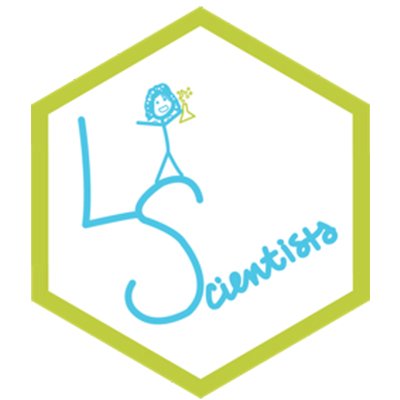As assessment specialists in a large public school district, our jobs involve working with teachers to develop useful classroom assessments and use assessment data to help students learn. Along the way, we’ve found two bodies of literature to be useful during conversations with teachers: cognitive psychology literature related to memory models, and assessment literature related to effective feedback. The purpose of this series of blog posts is to highlight three potentially useful connections between these research areas: selective attention, encoding/deep processing, and retrieval practice (this post).
Several different models of human memory are used in the literature about memory and teaching/learning (1) (2) (3). For the purposes of this post, we will refer to what might be called a “standard” or traditional model of memory. Some elements of this model are borrowed from cognitive load and depth of processing theory, but this simplified “three-box” memory model has been useful during teaching and learning discussions in our district, so we use it as an overall organizing model as we discuss connections between memory theory and feedback advice from assessment literature.

